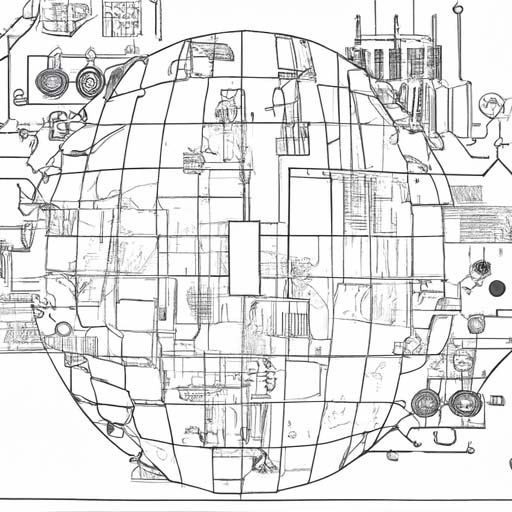Marketing automation is an essential tool for modern marketing teams, enabling them to streamline their efforts, improve customer experience, and minimize manual tasks. There are eight different types of marketing automation, each with its own benefits and use cases. These types include:
- Email marketing automation: This type of automation helps marketers engage audiences with timely and personalized content by automating the sending of targeted emails.
- Social media automation: Social media automation tools allow marketers to schedule posts, track engagement, and manage multiple platforms seamlessly.
- CRM automation: CRM automation is crucial for managing interactions throughout the customer lifecycle, tracking customer data, and automating follow-up tasks.
- Omnichannel marketing automation: This type of automation integrates various channels to create a unified experience for customers, ensuring consistent messaging across platforms.
- Content marketing automation: Content marketing automation streamlines the creation, distribution, and analysis of content, ensuring consistency and efficiency.
- Web personalization automation: Web personalization automation adapts website content based on user behavior and preferences, enhancing the user experience.
- Analytics and reporting automation: This type of automation gathers and analyzes marketing data, providing actionable insights and allowing for informed decision-making.
- Ad campaign automation: Ad campaign automation helps create, manage, and optimize online advertising across platforms, maximizing ad spend for optimal results.
Each type of marketing automation has its own unique benefits and can help marketers reach their target audiences more effectively. By leveraging the right combination of strategies and tools, marketing teams can drive desired results and improve overall success in the field of digital marketing.
Overall, marketing automation is a valuable tool for organizations looking to succeed in today’s landscape of personalization, efficiency, and data-driven decision-making. By automating various marketing tasks, teams can navigate the complexities of engaging audiences and elevate their strategies to drive more engagement, revenue, and overall success.
